WSU science podcast collaborates with local theater
Curious cat Dr. Universe sparks children’s interest in STEM; answers questions about life, technology, math
SCREENSHOT OF PODCAST ON YOUTUBE
“In a way, Dr. Universe is a lot of people here at WSU — our friends at Northwest Public Broadcasting, creative university communicators and the research staff who offer their time to help answer these great questions,” said Rachel Webber, voice of Dr. Universe.
February 24, 2021
The WSU-run children’s science podcast, “Dr. Universe,” partners with Regional Theater of the Palouse to answer science-based questions and draw attention to STEM careers.
“It’s kind of a great community partnership,” said Rachel Webber, science writer and communications coordinator of WSU’s University Marketing and Communications.
To support the program’s growth, theater performers will be assisting in the production of the podcast. Webber said she is excited for the podcast’s future.
Dr. Universe is a curious cat who is involved with answering some of the most asked questions involving life, technology and math, according to the podcast’s website. However, Dr. Universe has not always been around.
The podcast began in 1996 as a newspaper column created by Tim Steury and appeared once every two weeks, according to WSU Libraries Manuscripts, Archives, and Special Collections.
In 2014, Webber picked up the column and became the voice of Dr. Universe for a podcast and television series, according to WSU Libraries MASC.
Webber said WSU partnered with Northwest Public Broadcasting in 2018 to hold a TV series on PBS. This gives Dr. Universe a wider range of connections.
“The mission is still the same,” she said. “We just want to inspire young students to ask questions.”
The podcast’s website provides questions and answers as blog posts, and the podcast comes out monthly. Questions are received from children all over the world and multiple WSU researchers answer them, Webber said.
“A big part of my job is to tackle those questions and match them up with the kind of research fields of people at WSU,” she said. “It’s kind of a matching game in a way.”
Webber said she enjoys being the voice of Dr. Universe. She has fun seeing the ideas come to life.
“In a way, Dr. Universe is a lot of people here at WSU — our friends at Northwest Public Broadcasting, creative university communicators and the research staff who offer their time to help answer these great questions,” she said.
Episodes of Dr. Universe can be found on YouTube.

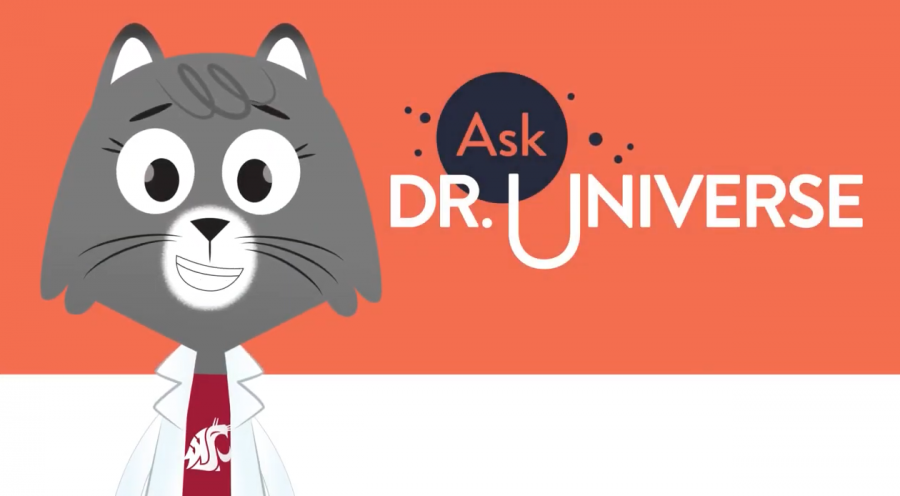
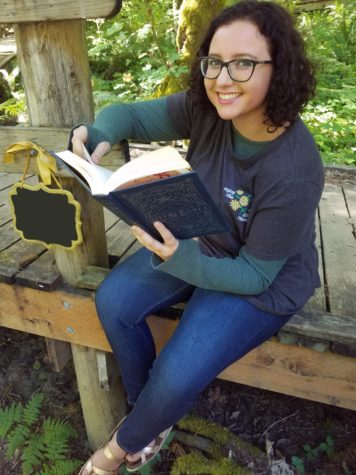




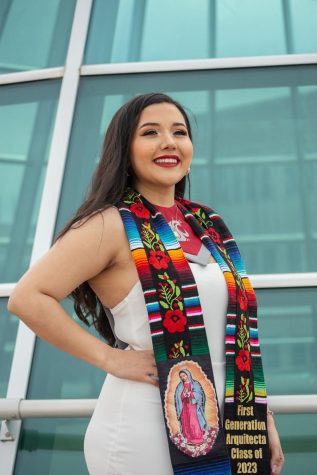

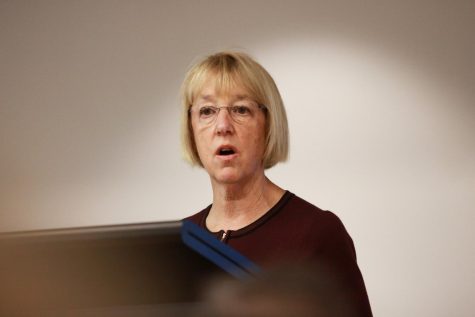
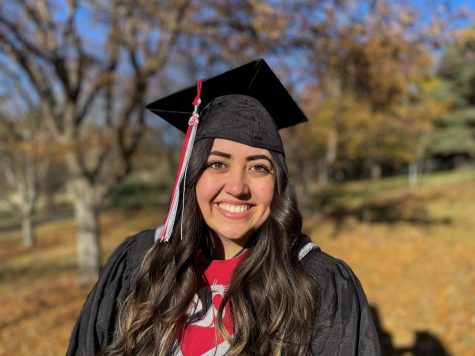
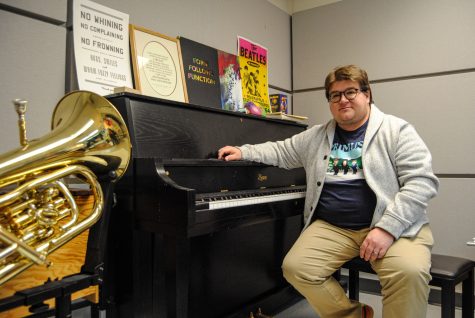
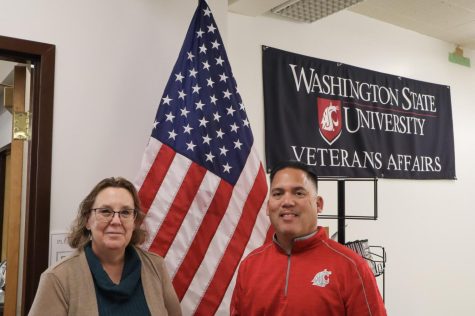
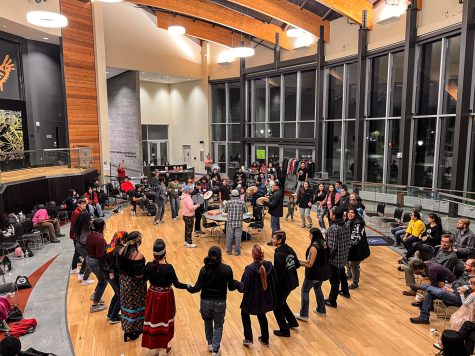
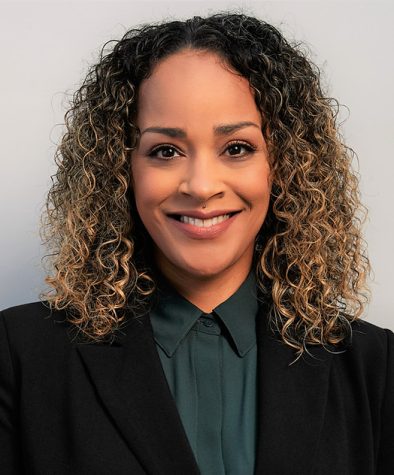
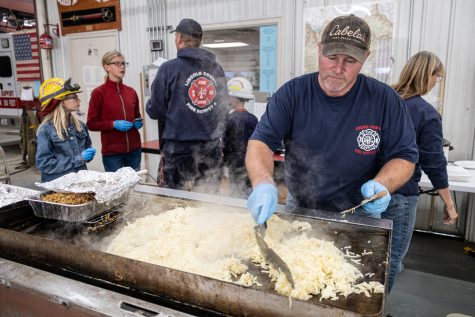


Pat Ward • Feb 24, 2021 at 3:24 pm
Thank you for doing this. I had wondered how this had all come about.